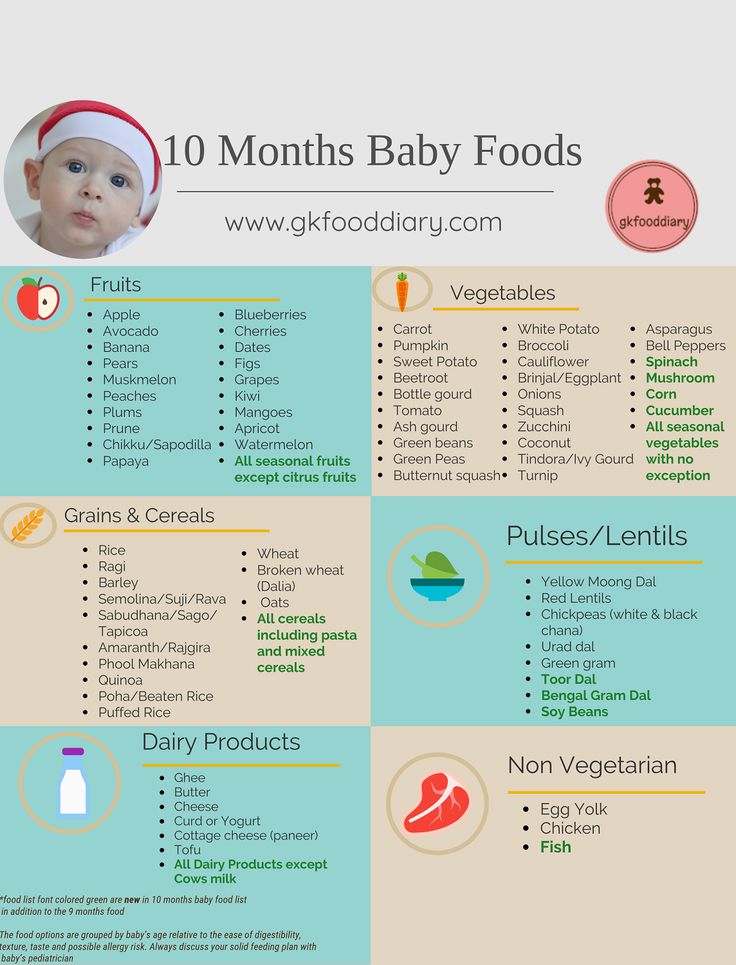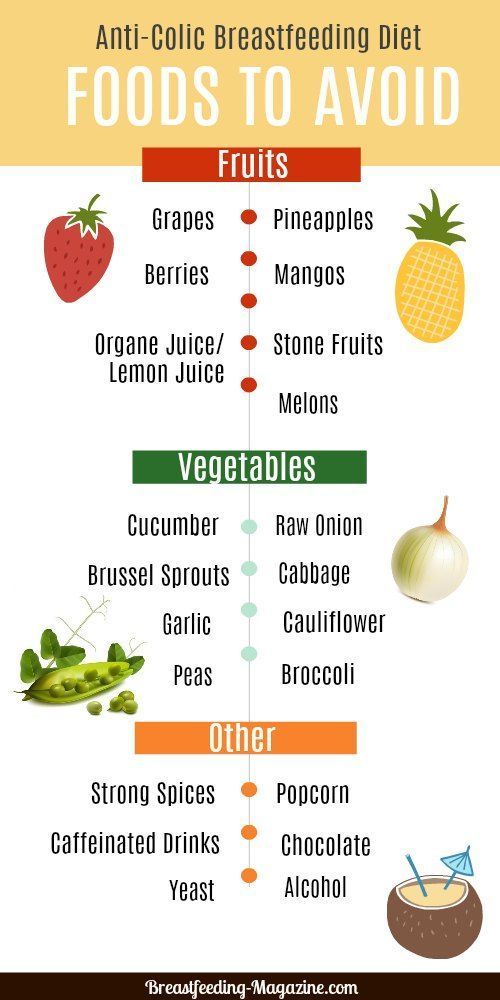My baby feeds every two hours
Newborn Feeding Every 2 Hours
Is your newborn feeding every 2 hours at night? Whether breastfed or formula-fed, lean how to stretch feedings and sleep a little longer.
Every 2 hours.
Almost on cue, your newborn will wake up after 2 hours screaming for yet another feeding. It doesn’t help when moms of other babies—even younger than yours—are stretching their feeds, sometimes up to five hours at night.
Yes, she’s still in the newborn stage, so you understand that her tummy is small and her sleep is erratic. But weeks, even months, into parenthood and your little one still wakes up every 2 hours on the dot.
And so, the questions pile on.
How can you get her to sleep in longer stretches? Is it normal for her to still feed so frequently, especially when others seem to go longer between feeds? Could you be doing something that’s holding her back instead of encouraging her to eat more?
How to handle your newborn feeding every 2 hours
Weeks and months after welcoming my first-born home, I still felt stuck.
Frequent feedings seemed more understandable in the early days, but when you’ve been doing this forever, it can feel depressing. I didn’t know when I’d ever get a full night of sleep again, and started to resent how often my baby nursed, especially at night.
In hindsight, I can see how short those weeks and months are compared to the grand scheme of things. But when you’re in that moment, every day can feel like an eternity, not knowing if or when life will feel normal again.
Rest assured mama, feeding every 2 hours is normal, not only in the newborn stage but I’d say throughout our lives. Think about it: even adults tend to eat in 2-3 hour chunks, with snacks eaten between meals.
But the biggest concern you likely have is the frequent feeding at night. Maybe you’re wondering when your baby will be able to eat mostly during the day and sleep at night. Because eventually, we all consume our calories during the day, even older infants.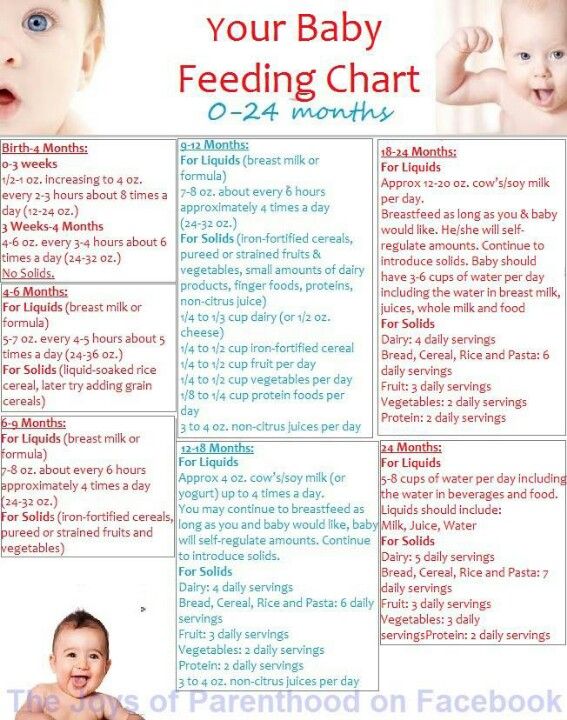 Why does it feel like yours is so far from that point?
Why does it feel like yours is so far from that point?
First, an important note: a newborn isn’t going to sleep the whole night just yet. I sleep trained my kids to go 11-12 hours straight only once they were well past the newborn stage. That said, what do you do when your little one is still too young to sleep train, but you want to encourage her to go longer between feeds?
Take a look at these steps you can try:
1. Don’t keep your baby awake too long
As a first-time mom, I assumed babies would sleep when they were tired. So, it wasn’t unusual for me to keep my baby awake for long stretches, unaware that he needed help falling asleep.
Only later did I learn that keeping him awake led him to feeling overtired and cranky. The result? Frequent wake ups between feeds and a more difficult time settling him back down.
In other words, there’s a good chance your newborn is waking up every 2 hours not out of hunger, but from feeling overtired.
Try not to keep her awake too long—90 minutes at most, and sometimes she’ll need to sleep as soon as 45 minutes after waking up.
Free: Do you struggle with getting her to sleep? Her awake time just might be affecting how well she sleeps or not. Join my newsletter and get One Mistake You’re Making with Your Baby’s Awake Time—at no cost to you.
Don’t make the same mistakes I did—help her fall asleep with this one simple trick! Grab it below:
2. Feed often during the day
Feeding on demand is so important during the newborn stage, but tell that to any new mom and you might be met with dagger eyes. After all, it can be difficult to feel tied to your baby 24/7, especially if you’re the only one who can feed her.
But feeding on demand, especially during the day, ensures that she’s getting all the food she needs. Don’t try to cap her off or put her on a schedule. Instead, follow her lead and feed as often as she wants during the day.
And hopefully, by having fed plenty the whole day, she’ll have less of a need to wake up often at night. Don’t expect her to sleep through the night yet, but at least you’re filling her up during the day when she’ll start to take in most of her feeds down the line.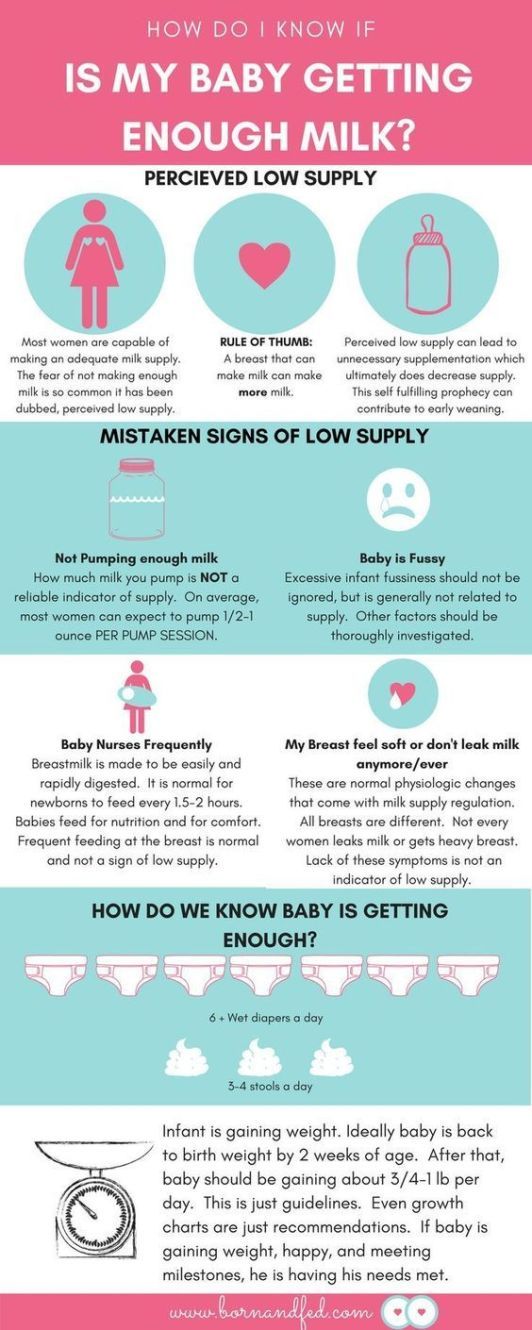
How to handle a newborn constantly feeding.
3. Feed extra before bedtime
The first stretch of sleep after bedtime tends to be the longest. This is when you’ll likely grab five hours of uninterrupted sleep compared to, say, four o’clock in the morning. Help your baby sleep longer for that first stretch by offering her a bit of extra food for her bedtime milk.
If you breastfeed, see if she’ll take a few extra minutes of nursing (or simply wait for her to pull away instead of putting a time limit). If you bottle-feed, try to add an extra ounce before setting her down for the night.
By topping her off with extra milk, you can ensure that she won’t wake up too soon after from hunger.
4. Dream feed
If you’re like most parents, you put your baby down for the night before your own bedtime. For instance, you might set her down at 7:30pm, then head to bed yourself at 10pm.
One trick that can pre-empt her first wake up is to offer a dream feed before you go to bed yourself.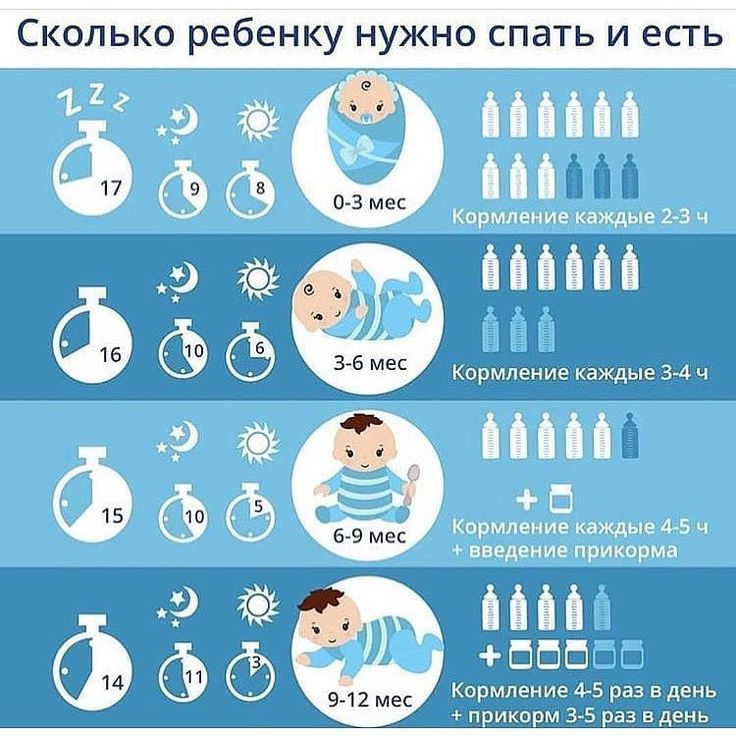 Let’s say you go to sleep at 10pm. Give her another feed at 9:30pm to top her off even further for the night. This allows you to feed her while you’re still awake and alert, and extends her feeding even more.
Let’s say you go to sleep at 10pm. Give her another feed at 9:30pm to top her off even further for the night. This allows you to feed her while you’re still awake and alert, and extends her feeding even more.
It’s okay if she’s groggy and half asleep as she feeds—there’s no need to wake her up all the way. This is more to give her a feed before she asks for it while you’re still awake.
Get more tips about dream feeding.
5. Make sure your baby is actually eating
Does it seem like your baby wakes up right after you had just fed her? There might be a chance she’s not even drinking at all, which could explain why she’s hungry so soon after feeding her. Instead of drinking, she might be half asleep and sucking for comfort, especially if she drifts off to sleep mid-feed.
How can you tell she’s eating? Listen for a swallowing sound—she should actually be gulping milk down. And look at her throat to see if it moves with each gulp. If you don’t hear a sound and her throat doesn’t move, she just might be moving her mouth and sucking.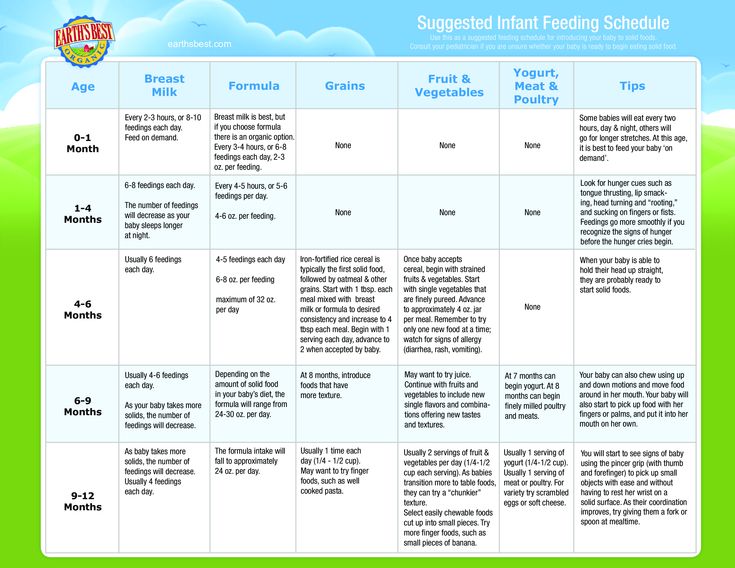
If you suspect that she falls asleep, burp her mid-feed, talk to her, tickle her, and otherwise ensure that she stays awake while she feeds.
Learn how to stop your baby from snacking on the breast.
6. Give your baby a chance to settle
Newborns are notorious for making all sorts of sounds, even while they’re sound asleep. But back then, I’d sit up right away the minute my little guy made a peep (it didn’t help that he was in the same room as me). I felt compelled to scoop him up immediately, fearing that those sounds would escalate into full-on cries.
I’ve since learned that those sounds, and even the small whimpers and cries, can often settle on their own. The next time you hear your baby cry, try to discern the type of cry first. Does she sound like she’s complaining and whimpering, or is she angry and in need of your attention right away?
If it sounds like she might settle down, wait one minute. She might not be waking up out of hunger. This is also a little practice that will help her overcome small discomforts.
This is also a little practice that will help her overcome small discomforts.
Conclusion
A newborn feeding every 2 hours isn’t always easy to handle. Your baby finally falls asleep, only to rest for a short while before he seems hungry again. How can you get him to sleep longer at a time?
Don’t keep him awake too long, as frequent wake ups could be a result of feeling overtired. Feed often during the day instead of capping him at a certain time or by a particular schedule. Give him extra milk before bedtime and take advantage of that long first stretch of sleep.
Before heading to bed yourself, offer a dream feed to top him off for the night while you’re still awake and alert. Make sure he’s actually eating and not just sucking for comfort. And lastly, don’t feel compelled to respond right away—he might be asleep or making small sounds and eventually settle herself down.
You can do certain things to help you stretch those feedings at night—instead of waking up every 2 hours as if on cue.
Get more tips:
- How to Get Your Baby to Adjust Using a Newborn Schedule
- 4 Reasons Your Baby Never Seems Satisfied After Breastfeeding
- Baby Feeding Every Hour (And Not Sleeping, Either)?
- 11 Ways to Cope with Newborn Sleep Deprivation
- 12 Things to Do When Your Newborn Fights Sleep
Don’t forget: Join my newsletter and get One Mistake You’re Making with Your Baby’s Awake Time—at no cost to you:
Breastfeeding FAQs: How Much and How Often (for Parents)
Breastfeeding is a natural thing to do, but it still comes with its fair share of questions. Here's what you need to know about how often and how long to breastfeed your baby.
How Often Should I Breastfeed?
Newborn babies should breastfeed 8–12 times per day for about the first month. Breast milk is easily digested, so newborns are hungry often. Frequent feedings helps stimulate your milk production during the first few weeks.
By the time your baby is 1–2 months old, he or she probably will nurse 7–9 times a day.
In the first few weeks of life, breastfeeding should be "on demand" (when your baby is hungry), which is about every 1-1/2 to 3 hours. As newborns get older, they'll nurse less often, and may have a more predictable schedule. Some might feed every 90 minutes, whereas others might go 2–3 hours between feedings.
Newborns should not go more than about 4 hours without feeding, even overnight.
How Do I Count the Time Between Feedings?
Count the length of time between feedings from the time your baby begins to nurse (rather than at the end) to when your little one starts nursing again. In other words, when your doctor asks how often your baby is feeding, you can say "about every 2 hours" if your first feeding started at 6 a.m., the next feeding was around 8 a.m., then 10 a.m., and so on.
Especially at first, you might feel like you're nursing around the clock, which is normal. Soon enough, your baby will go longer between feedings.
Soon enough, your baby will go longer between feedings.
How Long Does Nursing Take?
Newborns may nurse for up to 20 minutes or longer on one or both breasts. As babies get older and more skilled at breastfeeding, they may take about 5–10 minutes on each side.
How long it takes to breastfeed depends on you, your baby, and other things, such as whether:
- your milk supply has come in (this usually happens 2–5 days after birth)
- your let-down reflex (which causes milk to flow from the nipple) happens right away or after a few minutes into a feeding
- your milk flow is slow or fast
- the baby has a good latch, taking in as much as possible of your areola (the dark circle of skin around your nipple)
- your baby begins gulping right away or takes it slow
- your baby is sleepy or distracted
Call your doctor if you're worried that your baby's feedings seem too short or too long.
When Should I Alternate Breasts?
Alternate breasts and try to give each one the same amount of nursing time throughout the day.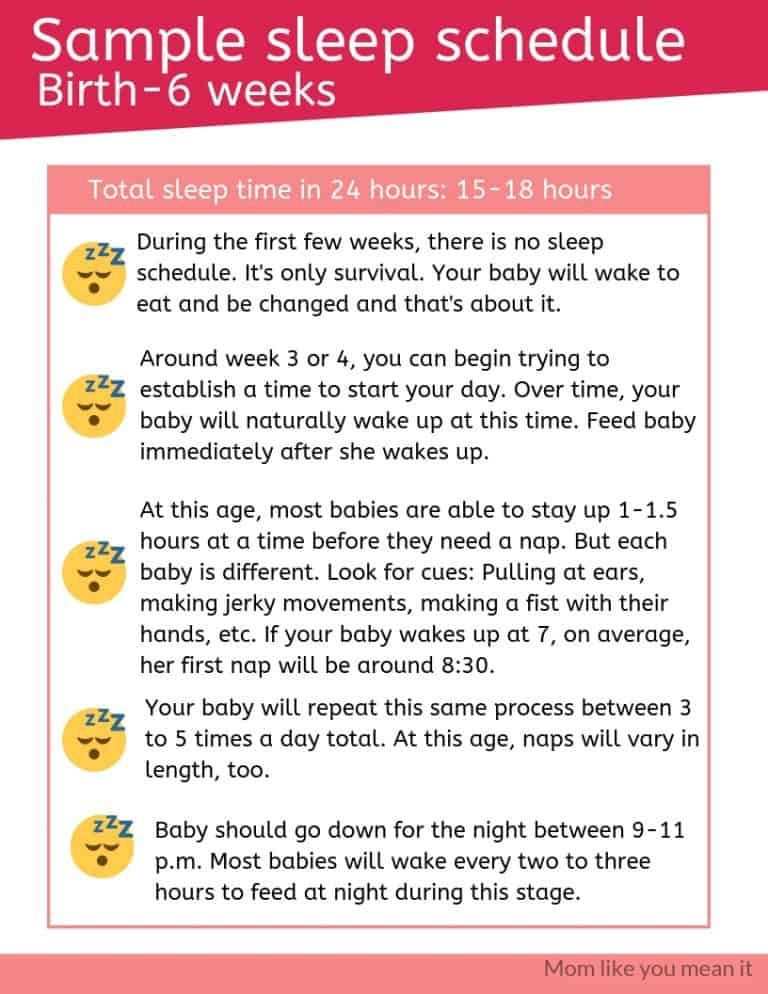 This helps to keep up your milk supply in both breasts and prevents painful engorgement (when your breasts overfill with milk).
This helps to keep up your milk supply in both breasts and prevents painful engorgement (when your breasts overfill with milk).
You may switch breasts in the middle of each feeding and then alternate which breast you offer first for each feeding. Can't remember where your baby last nursed? It can help to attach a reminder — like a safety pin or small ribbon — to your bra strap so you'll know which breast your baby last nursed on. Then, start with that breast at the next feeding. Or, keep a notebook handy or use a breastfeeding app to keep track of how your baby feeds.
Your baby may like switching breasts at each feeding or prefer to nurse just on one side. If so, then offer the other breast at the next feeding. Do whatever works best and is the most comfortable for you and your baby.
How Often Should I Burp My Baby During Feedings?
After your baby finishes on one side, try burping before switching breasts. Sometimes, the movement alone can be enough to cause a baby to burp.
Some infants need more burping, others less, and it can vary from feeding to feeding.
If your baby spits up a lot, try burping more often. While it's normal for infants to "spit up" a small amount after eating or during burping, a baby should not vomit after feeding. If your baby throws up all or most of a feeding, there could be a problem that needs medical care. If you're worried that your baby is spitting up too much, call your doctor.
Why Is My Baby Hungrier Than Usual?
When babies go through a period of rapid growth (called a growth spurt), they want to eat more than usual. These can happen at any time. But in the early months, growth spurts often happen when a baby is:
- 7–14 days old
- 2 months old
- 4 months old
- 6 months old
During these times and whenever your baby seems extra hungry, follow your little one's hunger cues. You may need to breastfeed more often for a while.
How Long Should I Breastfeed My Baby?
That's a personal choice.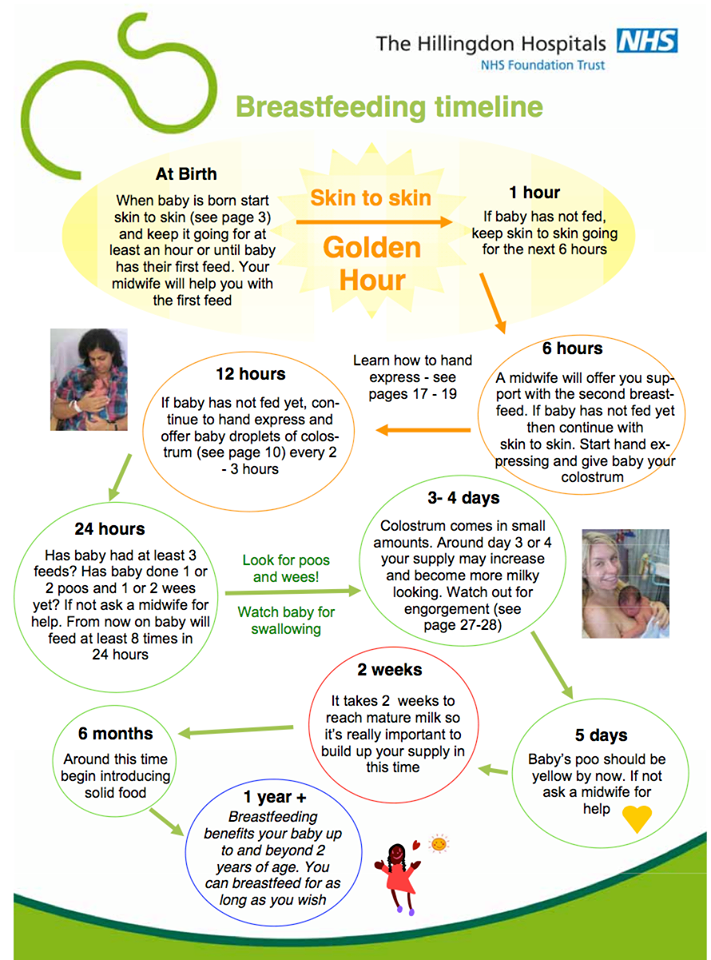 Experts recommend that babies be breastfed exclusively (without formula, water, juice, non–breast milk, or food) for the first 6 months. Then, breastfeeding can continue until 12 months (and beyond) if it's working for you and your baby.
Experts recommend that babies be breastfed exclusively (without formula, water, juice, non–breast milk, or food) for the first 6 months. Then, breastfeeding can continue until 12 months (and beyond) if it's working for you and your baby.
Breastfeeding has many benefits for mom and baby both. Studies show that breastfeeding can lessen a baby's chances of diarrhea, ear infections, and bacterial meningitis, or make symptoms less severe. Breastfeeding also may protect children from sudden infant death syndrome (SIDS), diabetes, obesity, and asthma.
For moms, breastfeeding burns calories and helps shrink the uterus. In fact, breastfeeding moms might return to their pre–pregnancy shape and weight quicker. Breastfeeding also helps lower a woman's risk of diseases like:
- breast cancer
- high blood pressure
- diabetes
- heart disease
It also might help protect moms from uterine cancer and ovarian cancer.
The child should not | Medical Center
At the moment, services are being re-evaluated, please check with the administrator by phone for details and exact prices. Thanks for understanding!
Thanks for understanding!
Medical Center
8(495)741-10-01
Alekseevskaya metro station, Prospekt Mira, 102, building 23
Paveletskaya metro station, 3rd Monetchikovsky pereulok, 16, building 1
daily
08:00 - 20:00
Personal account
Show on map
Pediatrician Anastasia Turchinskaya as a lawyer for babies.
The child should NOT:
- sleep through the night. Night feedings are an important part of the diet. It is absolutely normal that the baby asks for food at night every three, two, or even half an hour. Attach the baby to the chest, especially since more prolactin and oxytocin are produced at night - hormones that provide breastfeeding.
- to be in the crib, not in the arms. Wanting to be held is a normal desire of a child! The instinct that allowed mankind to survive. And although we now do not live in caves and there are no saber-toothed tigers around us, the need to be in the hands of an adult is still basic! So the child is calm, and, therefore, can explore the world, grow and develop.
 nine0026
nine0026 - is on schedule. The best diet for babies - on demand. The volume of the stomach of the newborn is small. It is normal that the child asks for food every 2 hours, even every half an hour! Breastfeed your baby every time he wants to.
- poop once a day with yellow poop. The child's stool for breastfeeding can be both every time after feeding, and every few days. Stool color is not permanent and changing from yellow to brown to green is normal! The main guideline is weight gain and good health. nine0026
- be convenient. Children of the first year of life are very demanding. They need parents around the clock. Postpone all things to an older age, devote your attention and time to the child.
- always be healthy. Snot, cough, diarrhea, fever and other manifestations of SARS not only can, but should be in all children! When sick, the child builds up his immunity. Yes, the disease is scary and unpleasant, but it's normal!
- don't cry.
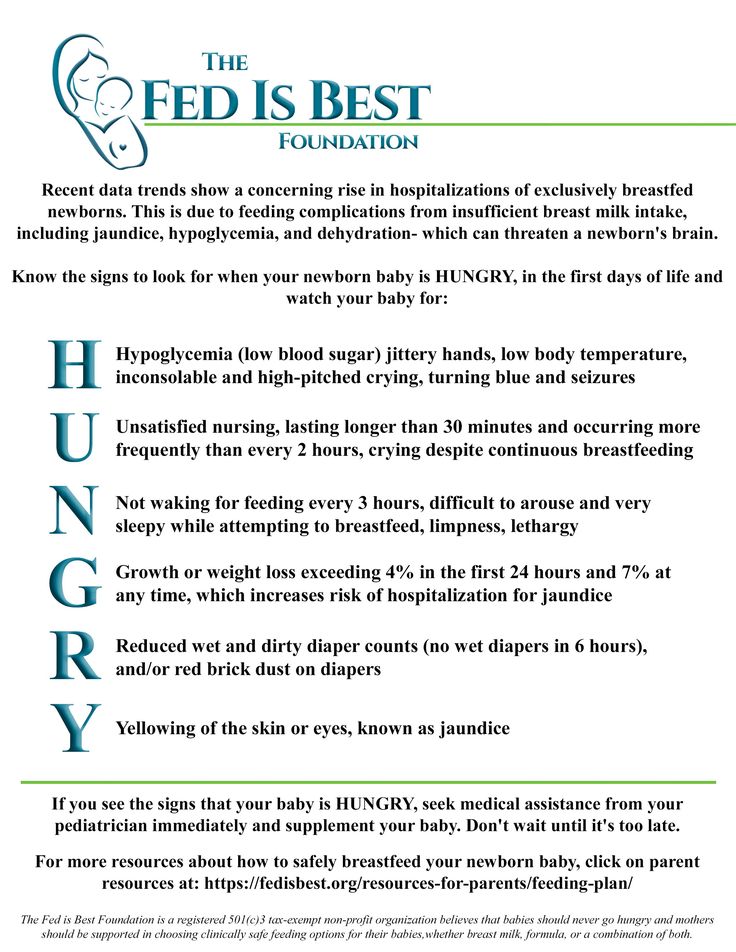 In the first months, the only way a child communicates with the world is crying. Soon you will learn to recognize by "intonation" what exactly the baby wants, but for now, take him in your arms and attach him to your chest. nine0026
In the first months, the only way a child communicates with the world is crying. Soon you will learn to recognize by "intonation" what exactly the baby wants, but for now, take him in your arms and attach him to your chest. nine0026 - be predictable. Each child grows and develops according to his own norms, rarely when they coincide with tables and textbooks.
We agree that it is difficult for young parents to notice a developmental disorder. Therefore, our pediatricians are always in touch and ready to help with professional advice!
Author:
Turchinskaya Anastasia
Below are the appointment days and hours of the specialist. After you leave a request, we will contact you to clarify the record. nine0003
time8:008:309:009:3010:0010:3011:0011:3012:0012:3013:0013:3014:0014:3015:0015:3016:0016:3017:0017:3018:0018:3019:0019: 30
I agree to the processing of personal data *
|
Answers | ||||||||||||
| |||||||||||
| |||||||||||
| ||||||||||||

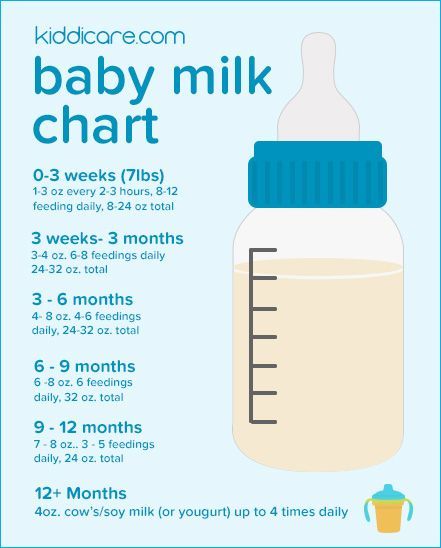 In all publications they write that the child should eat every 4 hours during the day, at night there is a break from 22.00 to 6.00. But day and night, the daughter eats every 2 hours. Do I need to retrain it and what to do about it. In the afternoon, complementary foods were introduced - cereals and mashed potatoes. At night - chest. During the day, he almost always refuses to breastfeed. She tried to give more food, but she, knowing her norm, does not eat anymore. At night, he eats breasts VERY willingly. nine0003
In all publications they write that the child should eat every 4 hours during the day, at night there is a break from 22.00 to 6.00. But day and night, the daughter eats every 2 hours. Do I need to retrain it and what to do about it. In the afternoon, complementary foods were introduced - cereals and mashed potatoes. At night - chest. During the day, he almost always refuses to breastfeed. She tried to give more food, but she, knowing her norm, does not eat anymore. At night, he eats breasts VERY willingly. nine0003  You don’t need to do anything, over time, she will change her schedule herself and begin to eat less often!
You don’t need to do anything, over time, she will change her schedule herself and begin to eat less often!  Feed when you want, as much as you want (no more, no less) and give what you want - this prevents problems with excess weight and diseases of the gastrointestinal tract. The body of a child is much smarter than us.
Feed when you want, as much as you want (no more, no less) and give what you want - this prevents problems with excess weight and diseases of the gastrointestinal tract. The body of a child is much smarter than us.  Eats and health! The child will not eat too much, you were convinced of this when you tried to increase portions. So don't worry. nine0003
Eats and health! The child will not eat too much, you were convinced of this when you tried to increase portions. So don't worry. nine0003 






